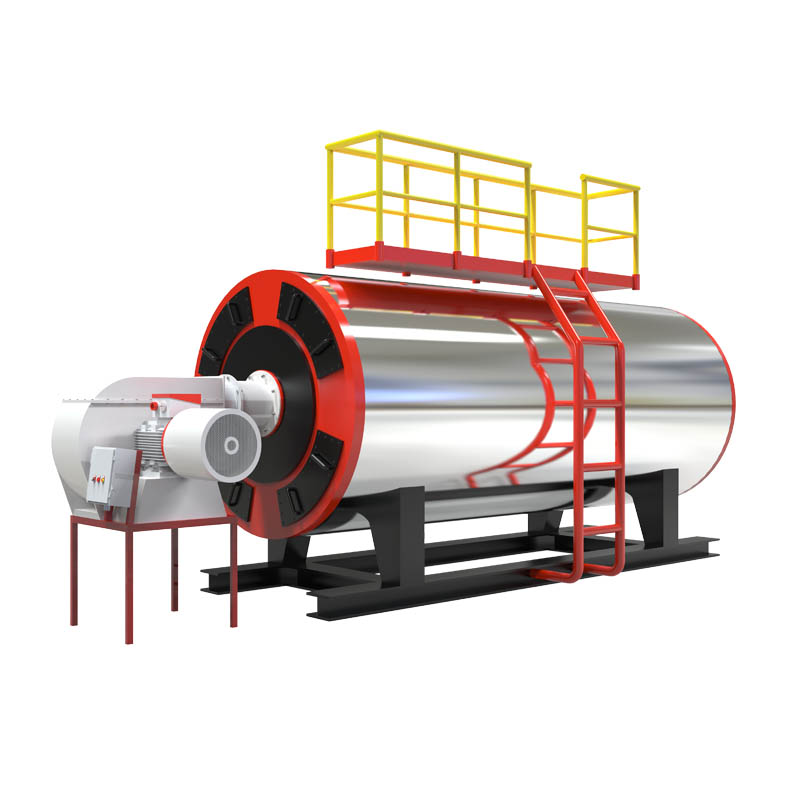
Nov . 02, 2024 12:42 Back to list
what is biomass heating
Understanding Biomass Heating
Biomass heating is a sustainable energy solution that utilizes organic materials to generate heat. This renewable energy source harnesses the natural process of combustion, where biomass is burned to release thermal energy. The range of biomass materials includes wood pellets, agricultural residues, and even dedicated energy crops, making it a versatile option for heating homes, businesses, and industrial facilities.
Understanding Biomass Heating
Biomass heating systems can come in several formats, including stoves, boilers, and central heating systems. Each type is designed to accommodate different needs and can be used in residential, commercial, or industrial settings. For instance, a biomass stove is often ideal for single-room heating, while a biomass boiler can efficiently supply hot water and heating to an entire building. The efficiency of these systems varies but can be quite high, especially with advanced technologies that optimize combustion and heat transfer.
what is biomass heating

The fuels used in biomass heating are widely available and often local. For instance, wood pellets, a common biomass fuel, are made from compressed sawdust and are highly efficient for use in heating systems. Agricultural residues, like straw or corn stalks, also represent untapped potential for biomass energy. By using these materials, waste can be turned into a valuable resource, contributing to a circular economy.
Biomass heating is not without its challenges, however. One significant issue is the availability of sustainable biomass resources. Over-reliance on certain types of biomass can lead to deforestation or the depletion of local ecosystems. It is essential to source biomass responsibly, adhering to guidelines that promote sustainability and environmental health. Additionally, the initial costs for setting up a biomass heating system can be higher than traditional heating systems, although operational costs tend to be lower over time due to the affordability of biomass fuel.
Another consideration is the emissions produced during biomass combustion. While biomass is cleaner than fossil fuels, it can still release particulate matter and other pollutants. Modern technologies and regulations are helping to minimize these emissions, making new biomass systems much cleaner than older models.
In conclusion, biomass heating presents a promising alternative to conventional energy sources, promoting sustainability and supporting rural economies. With ongoing advancements in technology and an increasing understanding of sustainable practices, biomass heating systems can play a pivotal role in our transition to a clean energy future. By harnessing local and renewable biomass resources, we can reduce our carbon footprint while meeting our heating and energy needs effectively.
-
High-Efficiency Commercial Oil Fired Steam Boiler for Industry
NewsJul.30,2025
-
High-Efficiency Biomass Fired Thermal Oil Boiler Solutions
NewsJul.30,2025
-
High Efficiency Gas Fired Thermal Oil Boiler for Industrial Heating
NewsJul.29,2025
-
High-Efficiency Gas Fired Hot Water Boiler for Sale – Reliable & Affordable
NewsJul.29,2025
-
High Efficiency Biomass Fired Hot Water Boiler for Industrial and Commercial Use
NewsJul.29,2025
-
High-Efficiency Biomass Fired Hot Water Boiler for Industrial Use
NewsJul.28,2025
Related PRODUCTS






















